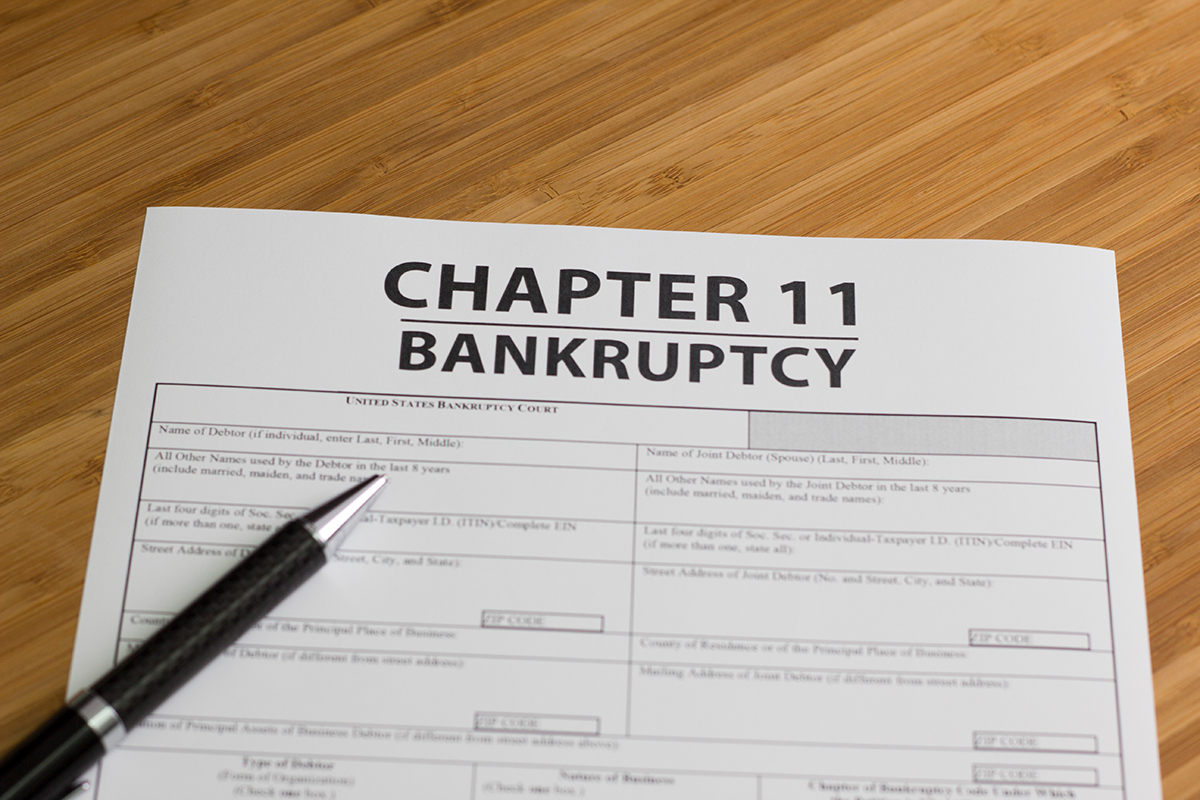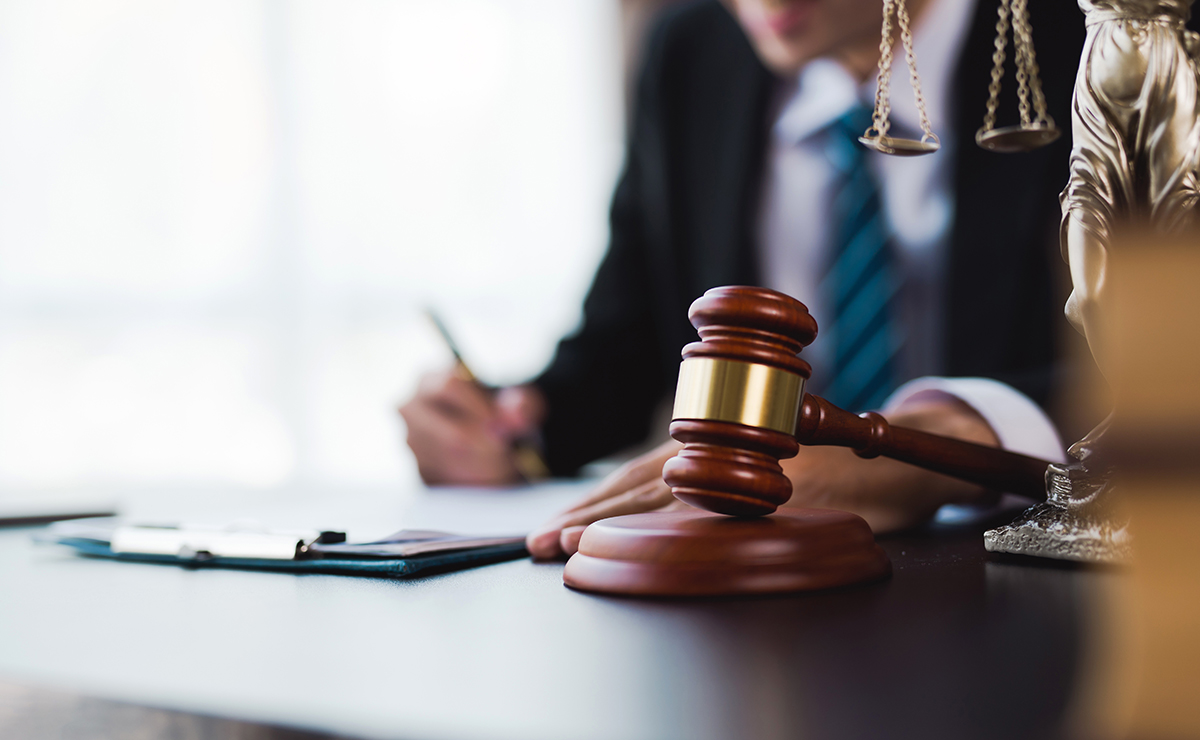Bankruptcy and Employees
Finding out your employer has filed for Chapter 11 bankruptcy can be unsettling, and it is normal to worry about what might happen to your job. The U.S. Bankruptcy Code includes detailed rules about how employee pay and benefits are handled in these cases. However, what actually happens depends a lot on the business’s specific situation and plans for restructuring. Every company’s case is different, so the outcome for workers often varies.
Chapter 7 and Chapter 11
When an employer goes bankrupt, the effect on unpaid wages depends on the kind of bankruptcy they file with the U.S. Bankruptcy Court. There are usually two main types: reorganization under Chapter 11 or liquidation under Chapter 7, both outlined in the U.S. Bankruptcy Code.
Chapter 11 reorganization is when the employer asks the court for help setting up a repayment plan or selling some company assets to pay off debts. During this process, the business usually keeps running as usual, with the court providing oversight until the company gets its finances back on track. In most cases, this type of filing does not affect the wages employees are owed.
Chapter 7 is a different story. Here, the company tells the court it cannot pay its debts and is shutting down for good. The court steps in to figure out how to divide the remaining money and assets among the creditors. If the company owes wages to its employees, the workers are treated as creditors, too. Like other creditors, employees share what is left of the company’s money and property based on the court’s order of priority.

How Does Chapter 11 Affect Employees?
When a company files for Chapter 11 bankruptcy, it does not always mean every employee will lose their job. Since the business often keeps operating, some jobs may remain. However, during the reorganization process, the company must figure out how to handle its debts and expenses.
Labor costs, e.g. wages and benefits, are usually a big part of a business’s expenses, so cutting jobs or reducing labor expenses is pretty common. If the company ends up selling its assets or the entire business, this could lead to job cuts or even a shift of workers to the new owner.
Job Cuts
Layoffs happen quite a bit during Chapter 11 bankruptcy. However, businesses still have to follow all the rules set by federal and state laws, like the Worker Adjustment and Retraining Notification (WARN) Act. This law requires certain employers to give notice before making big layoffs or closing facilities. If workers lose their jobs because of the bankruptcy, they usually have the option to file for unemployment benefits to help them get through.
How Are Employees Paid During Chapter 11?
When a company files for Chapter 11 bankruptcy, it usually asks the court for approval to keep paying its current employees as long as the business stays open. So, workers who remain on the job can generally expect to keep getting their paychecks.
For employees who were laid off or let go before the bankruptcy filing and are still owed wages or benefits, the situation is different. These workers are treated as creditors in bankruptcy cases. This means they might have to wait to get paid, and there is no guarantee they will receive the full amount they are owed. How their claims are handled depends on where they rank in the payment priority list set by bankruptcy rules.
The type of claim former employees have affects how quickly they might get paid. For instance, if someone is laid off while the Chapter 11 case is ongoing, their claim could be considered an administrative expense. Claims like these often get paid sooner than others classified as priority claims.

What Happens to Employee Benefits?
Employees who keep their jobs during a Chapter 11 bankruptcy may see changes to their benefit plans as the company looks for ways to cut costs. These changes might include lowering or stopping employer contributions, removing some benefits, or reducing coverage levels. Any major adjustments to benefit plans must first be approved by the bankruptcy court.
Pension plans, however, have special protections during Chapter 11. Any changes to a pension plan also need court approval. The Pension Benefit Guaranty Corporation (PBGC) steps in to ensure that employees still receive the benefits they earned before any changes or cancellations to the plan. [1]
What Happens to Union Contracts?
Union contracts, or collective bargaining agreements, are not guaranteed protection in a Chapter 11 bankruptcy. If the company finds it cannot meet the terms of the contract, it might ask the court to let it reject the agreement under bankruptcy laws.
Rejecting the union contract could help the business reorganize, but it comes with serious risks. The company might try to renegotiate with the union to adjust the terms or get concessions. However, if both sides cannot agree, the Chapter 11 bankruptcy could end up being converted into a Chapter 7 liquidation, which would likely result in the business shutting down completely.
What Should Employees Do When They Hear About a Bankruptcy Filing?
When a company files for bankruptcy, employees will probably get a “Notice of Filing” from the bankruptcy court, which has key details about the case. The employer must list all its creditors, including its workers, in the bankruptcy paperwork. The notice will be sent to all creditors, including employees.
Even if an employee hears about the bankruptcy through word-of-mouth, they should ask for case details right away to stay informed.

Contact Frego & Associates for all of your bankruptcy needs.
FAQs
Not necessarily; many businesses keep operating during Chapter 11, but job cuts may occur depending on the reorganization plan.
Yes, pension plans are protected, and the Pension Benefit Guaranty Corporation ensures earned benefits are paid.
Chapter 11 focuses on reorganizing the business to keep it running, while Chapter 7 involves liquidating assets and shutting down.
Employees owed wages become creditors and may need to wait for payment depending on the bankruptcy court’s decisions.
Yes, employers usually seek court approval to continue paying current employees as the business operates.
Source:
[1] U.S. Department of Labor & Employee Benefits Security Administration. (2016). Your Employer’s Bankruptcy – How Will It Affect Your Employee Benefits? https://www.dol.gov/sites/dolgov/files/EBSA/about-ebsa/our-activities/resource-center/fact-sheets/your-employers-bankruptcy.pdf




